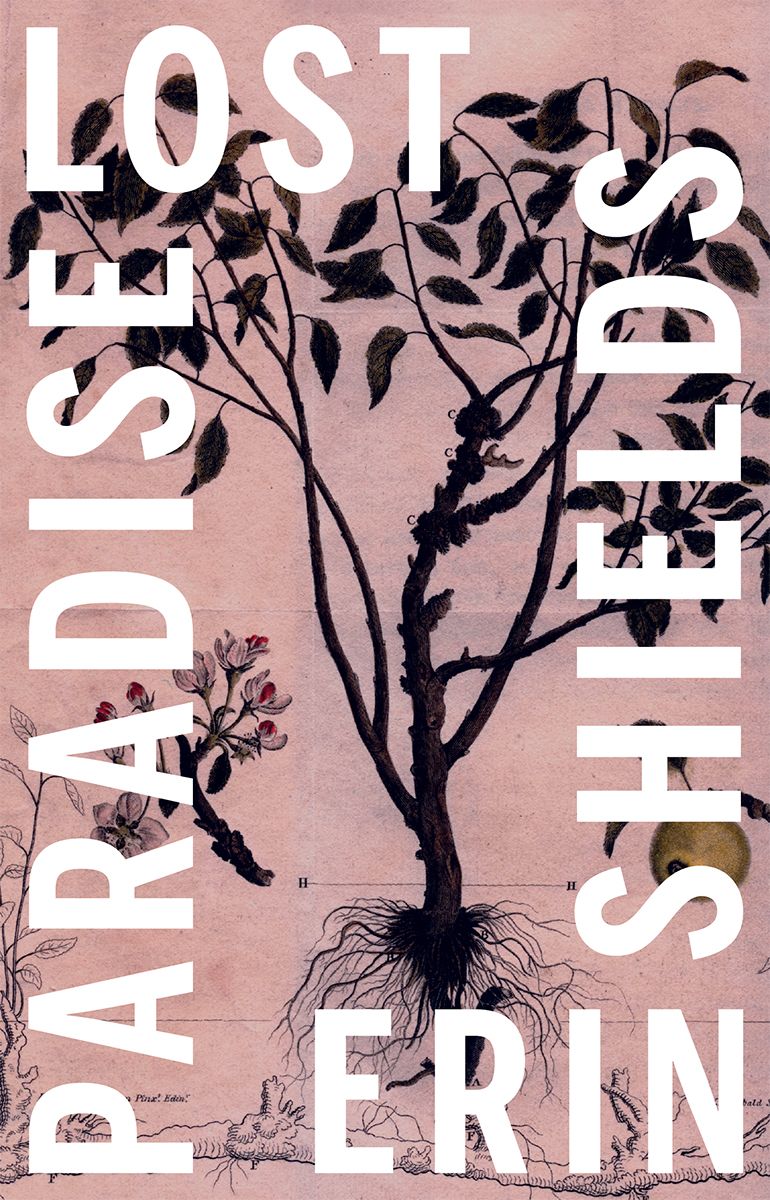 Paradise Lost Also by Erin Shields If We Were Birds Mistatim / Instant Soliciting Temptation Paradise Lost By Erin Shields A theatrical adaptation of
Paradise Lost Also by Erin Shields If We Were Birds Mistatim / Instant Soliciting Temptation Paradise Lost By Erin Shields A theatrical adaptation of
Paradise Lost by John Milton Playwrights Canada Press Toronto For Olive and Tallulah Freedom And The Fall by Paul Stevens Paradise Lost is the single greatest poem in the English language. Its influence is pervasive. It can be felt in everything we know from old novels like Frankenstein or Moby Dick to present-day movies like Blade Runner or the Netflix thriller The Fall. When the poem was first published in 1667 people knew they were in the presence of something extraordinary. Its the story of all things, wrote one admirer. It reveals such a vast expanse of mind, said another.
The poem was written by a blind man, the republican intellectual John Milton, and even his political enemies were ready to concede the poems sublimity. Milton himself may be a criminal and obsolete person, said the royalist MP Sir John Hobart, but I never read anything more august, and withal more grateful to my (too much limited) understanding. Why would Hobart have felt so grateful? In twelve books, each ranging from about six hundred to one thousand lines, Milton explains things wed only half understood or perhaps glimpsed at through a glass darkly. He raises our consciousness. No work of art enables us to better understand the baffling complexity of evil. As a young man growing up just across the Thames from Shakespeares Globe, his father being a trustee of the Blackfriars Theatre, Milton had originally wanted to write a great play, to rewrite the story of the Bible as a tragedy called Adam Unparadized.
But in the event he became more ambitious and wrote it in the form of a classical epic, a poem to rival such revered works as Virgils Aeneid. Despite its narrative form, the poem is still inherently dramatic, told from radically different, conflicting perspectives, both human and divine. Even the Devil seems to get his due. Satan, who is modelled on characters like Macbeth or Faustus, often thinks of himself as the hero, as a kind of Aeneas in his struggle to defeat God and establish a new community on earth. What is immediately evident is that Milton is not the servant of his sources but their master. He makes one text speak to another in such a way that his ancient materials speak directly to the concerns of his seventeenth-century English audience, whether they be religious, political, or domestic.
This insight, the liberation of the author to create as he or she needs, is central to Erin Shieldss wonderful contemporary adaptation of Miltons early modern poem. She has learned from him and does what he did. The subject of Miltons poem is the problem that haunts all the great religions or systems of thought: how to make sense of our experience of the strange world in which we live, how to transform our experience of fatality into continuity and contingency into meaning. In Christianity the problem takes the form of this question: If the loving God who created us is so good and all powerful, why are our lives filled with conflict, frustration and suffering; most importantly, why do we have to grow old and die? In answering it, Milton focuses on the issue of human agency or free will. No one who knows anything, he says in one of his most impassioned pamphlets, can be so stupid to deny that all men naturally were born free, being the image and resemblance of God himself, and were by privilege above all the creatures, born to command and not to obey. If this is the case, what went wrong? For Milton, what went wrong is our self-regarding failure to understand the limits of the agency wed been granted.
In overestimating our powers, in trusting absolutely in the freedom of our will or our ability to re-create the world in the image of desire, we actually frustrate that desire, destroy our freedom and produce every evil from climate change to nuclear war. The source of evil is, then, the degree to which we come to idolize our own freedom. In Paradise Lost, Milton aims to show how Adam and Eve, when they prefer their freedom to Gods, quite literally bring death into the world. In adapting Miltons poem, Erin Shields rewrites it as a play, if not quite the one Milton had in mind. She has no desire to speak to a seventeenth-century English audience. She wants to speak to us and she has no difficulty contesting some of Miltons sacred truths.
The tone changes, angels often sound like Bottom and the mechanicals from A Midsummer Nights Dream, and God, far from being omnipotent and omniscient, often seems overly defensive and worried about his own performance. Shields takes up hints from the poem and develops them to produce a kind of lighthearted irreverence. In Milton, paradise is an Arcadian version of England; it might be Jane Austens country estate, Pemberley a happy rural seat of various view with lawns or level downs and grazing sheep. In Shields, paradise is much edgier, distinctly Canadian with awe-inspiring mountains always threatened by pipelines and primeval forests by clear-cutting. There are lots of Ontario loons, wetlands and mud. Most importantly, gender relations in Milton are hierarchized and clearly bounded loving and companionate as Miltons Adam and Eve are, they are not equal, as their sex not equal seemed, but he for God only, she for God in him.
In Shields, things are much more indistinct. Following Miltons own account of the angels enjoying sex with each other if spirits embrace / Total they mix they appear here transgender, Satan himself being female. In the same way, Shieldss unfallen Adam and Eve are imagined much more intermingled and correspondingly more equal. Indeed, in a powerful move, the Fall here is imagined not as a fall into confusion but as one into the clearly demarcated gender roles Milton so admires. Miltons poem is a truly great artistic achievement, an endlessly fertile contemplation of human aspiration and its dangers. Never more relevant than today.
But it has a downside in contributing to what Mary Nyquist has called the genesis of gendered subjectivity. It is Erin Shieldss achievement in her funny, clever and immensely enjoyable play to draw attention to this inconvenient truth. Paul Stevens is a professor and Canada Research Chair at the University of Toronto. Repopulating the Canon by Erin Shields The Classical Literary Canon is generally considered to be a catalogue of the most influential works of literature. Innumerable historical, social and political factors have meant that almost all of those stories were written by (you guessed it!) white men. Although there has been a recent effort to include more culturally diverse texts and works by women in the Canon, stories written by white fellas continue to top the list. Texts such as the Bible, the Iliad, Shakespeares plays, and, indeed, Paradise Lost form the building blocks of our Western literary inheritance.
Whether weve read them or not, these stories have infiltrated the communal subconscious I do not remember hearing the story of Adam and Eve for the first time; it seems as though I have always known it. While these texts are rightfully celebrated for their strong narratives and impeccable craft, they are sadly lacking in female characters. The protagonists are almost exclusively male, so I am in the habit (as all women are in the habit) of viewing my own experience through a male lens. Of course, there are striking exceptions with characters such as Rosalind, Anna Karenina and Antigone, to name a few of my favourites, but even then these women are confined to traditionally female concerns and must navigate worlds populated by men. When approaching my adaptation of Paradise Lost, gender was very much at the forefront of my mind. Of the two female characters in Miltons Paradise Lost, only Eve has a substantial role to play.
Next page

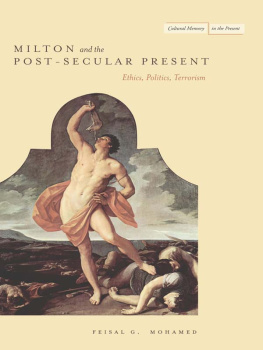
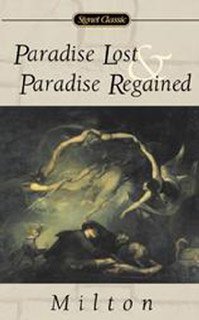
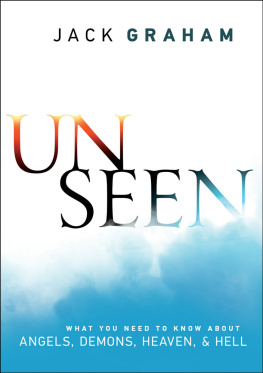
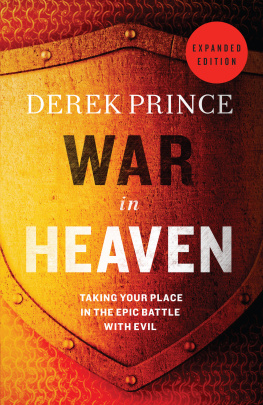
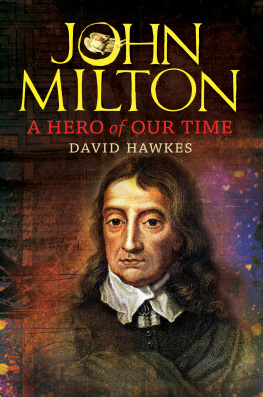
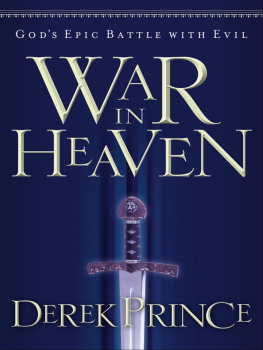
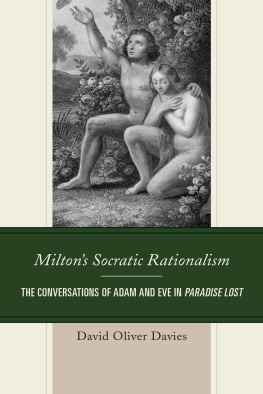
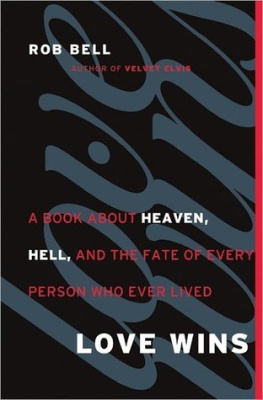
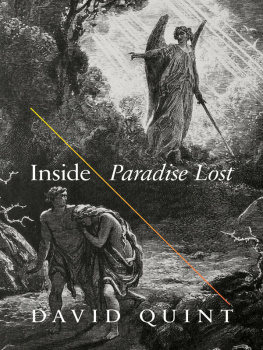
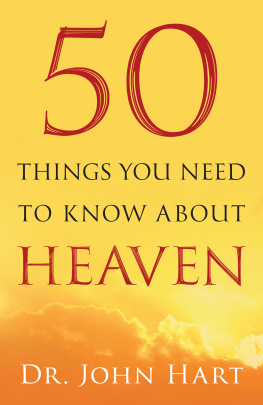
 Paradise Lost Also by Erin Shields If We Were Birds Mistatim / Instant Soliciting Temptation Paradise Lost By Erin Shields A theatrical adaptation of
Paradise Lost Also by Erin Shields If We Were Birds Mistatim / Instant Soliciting Temptation Paradise Lost By Erin Shields A theatrical adaptation of